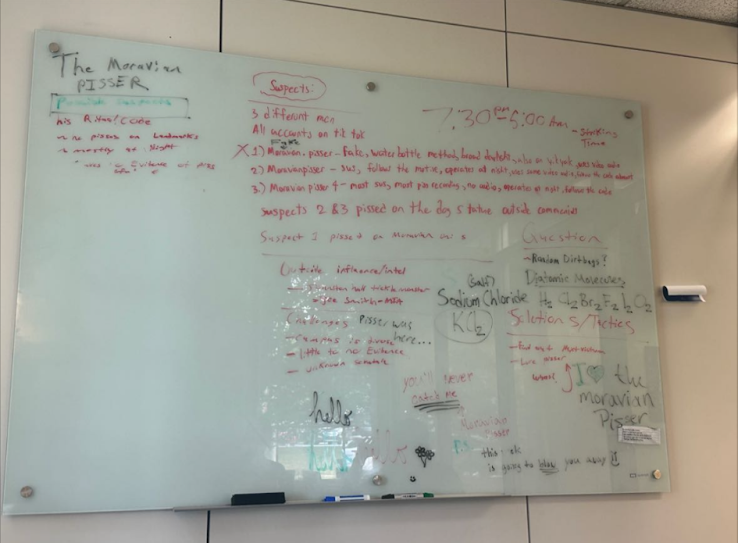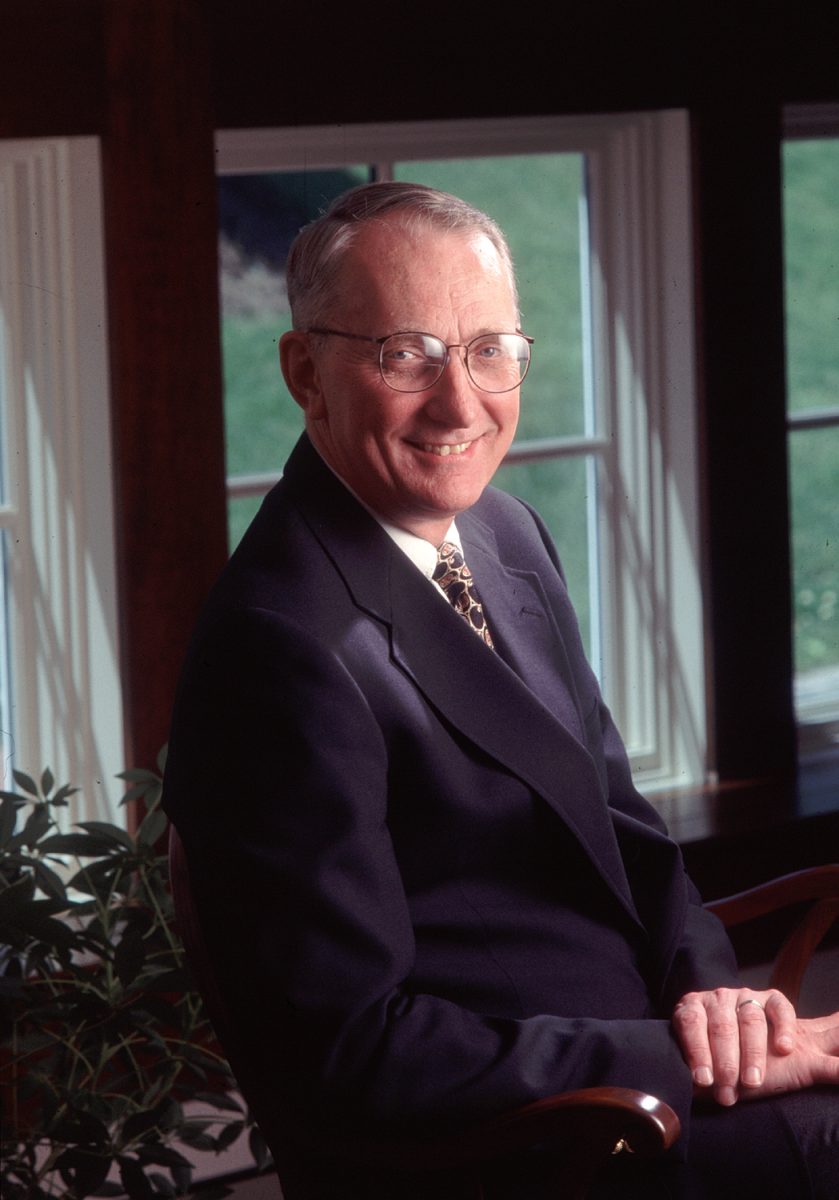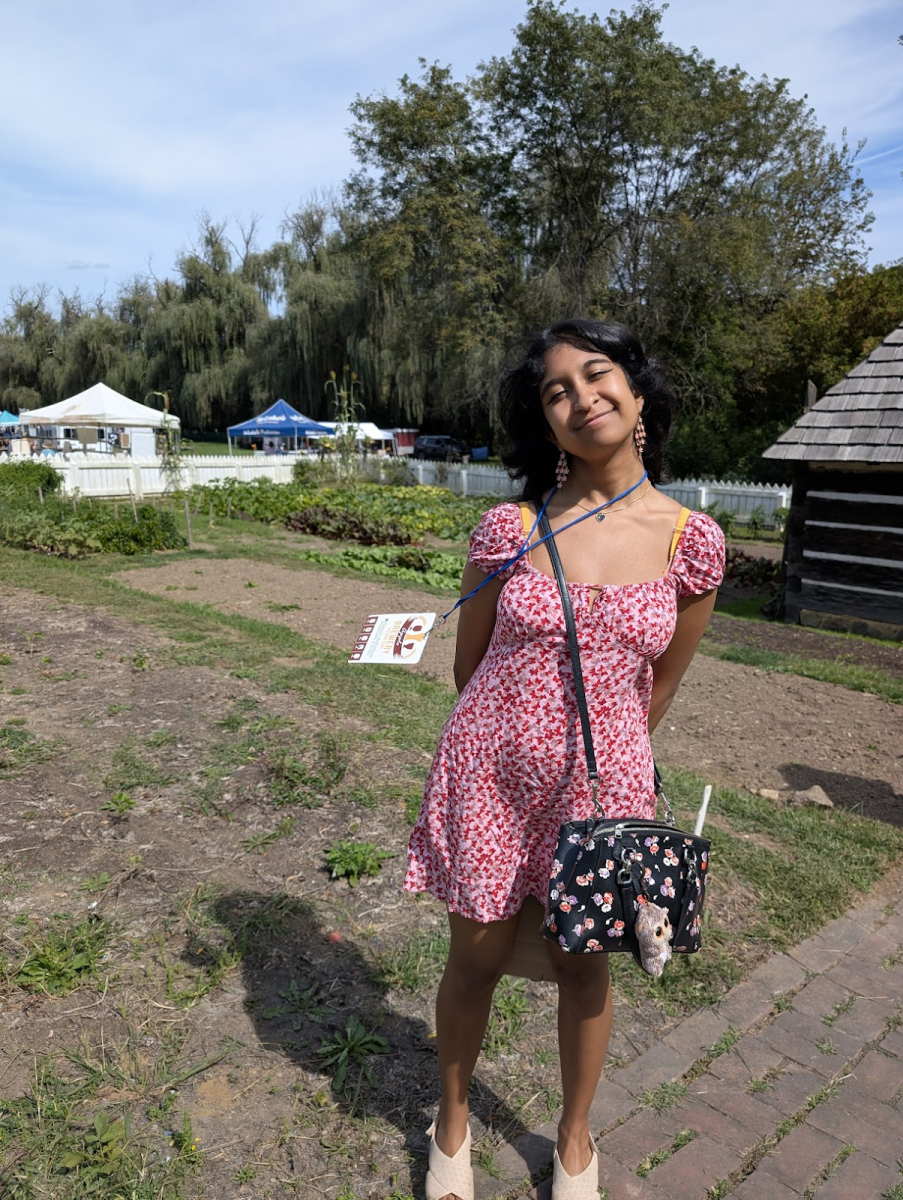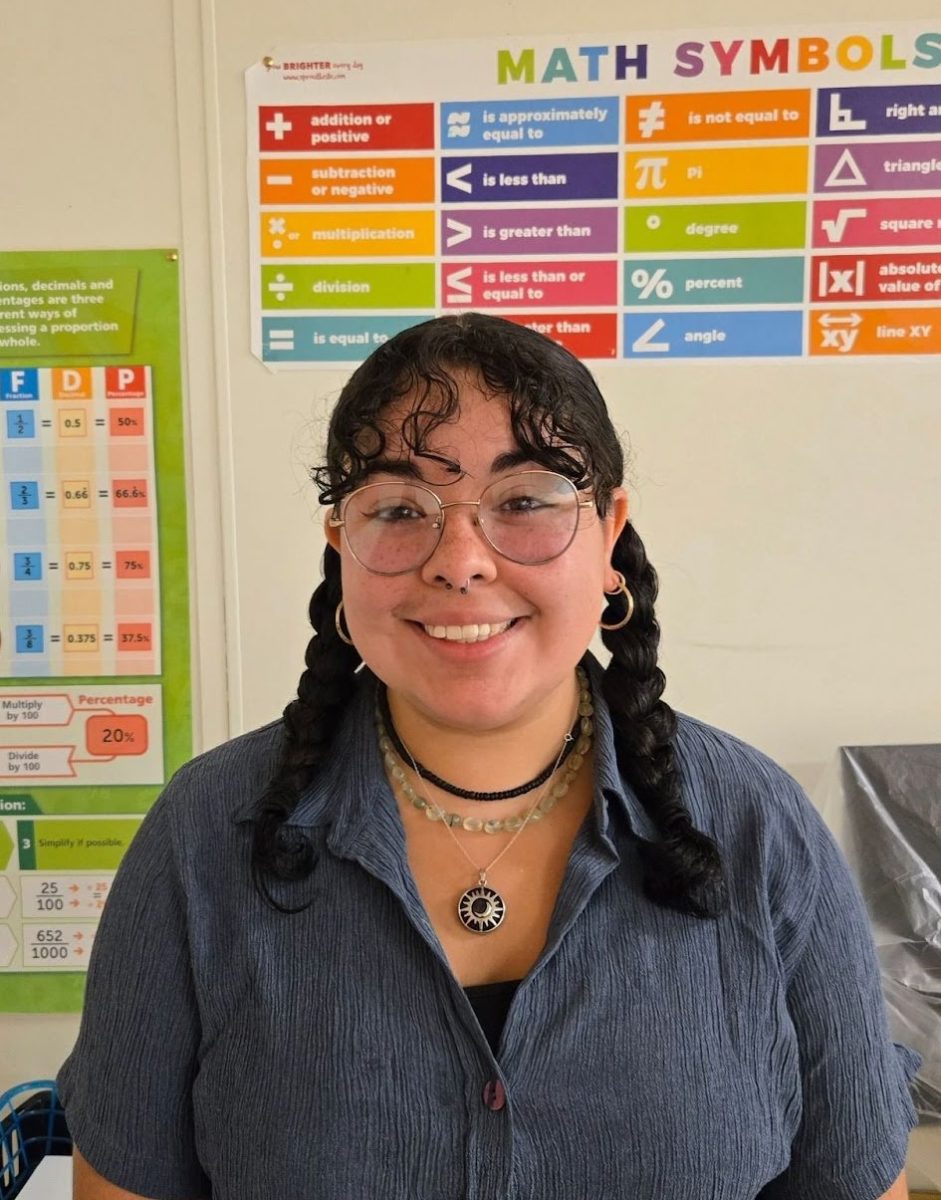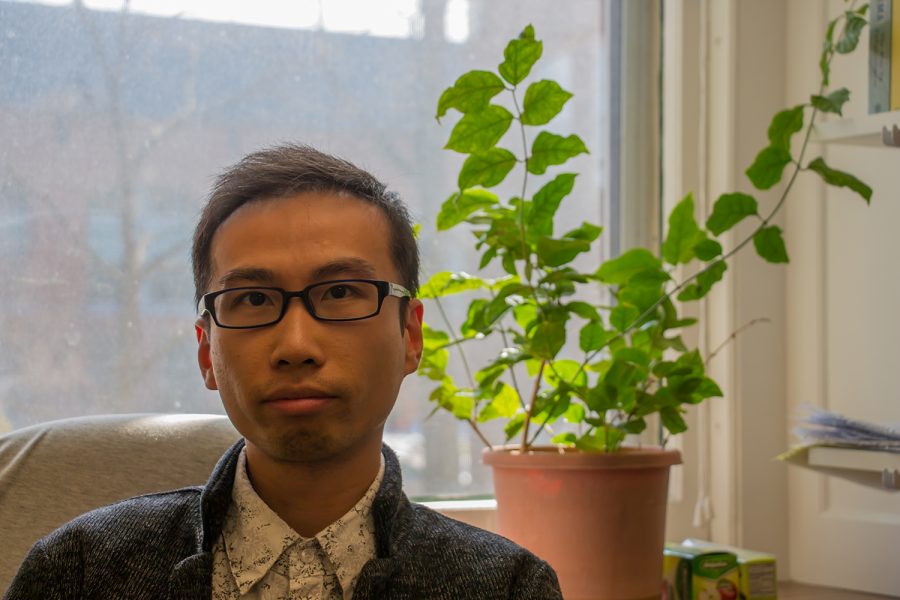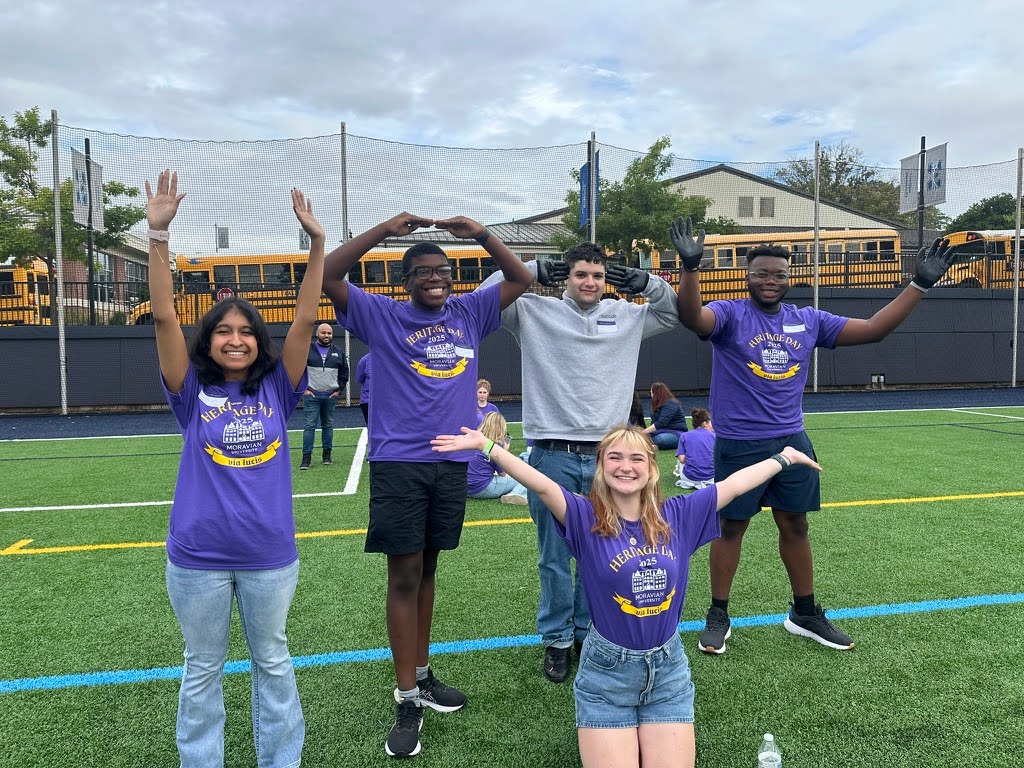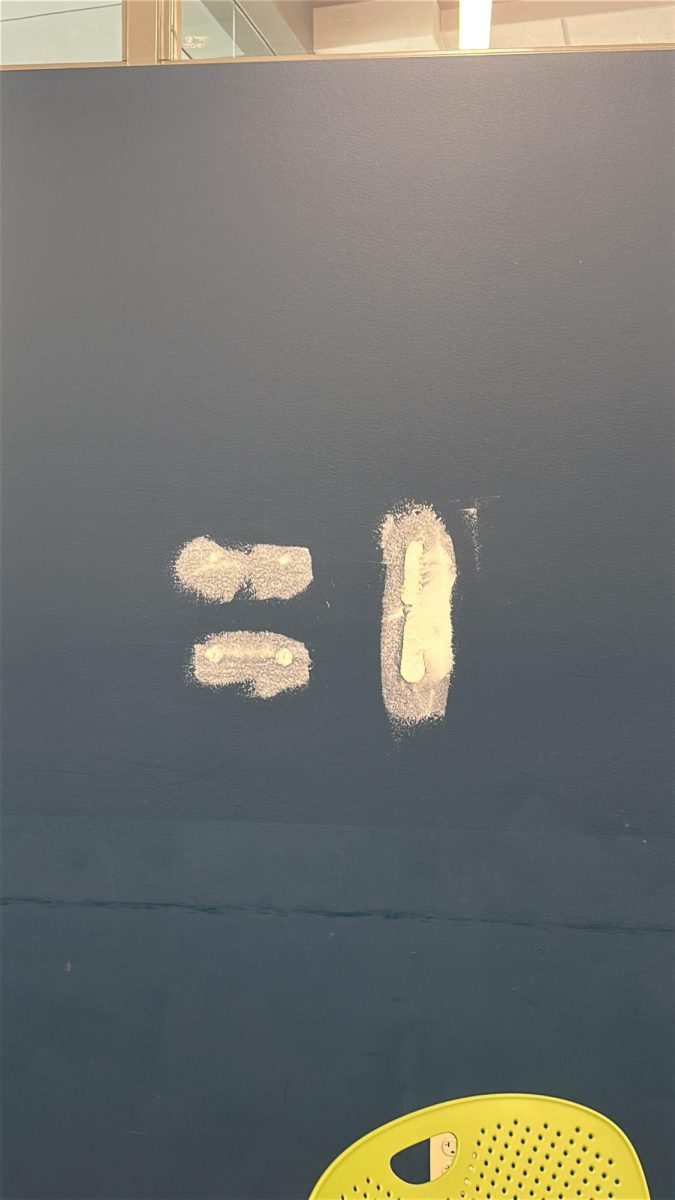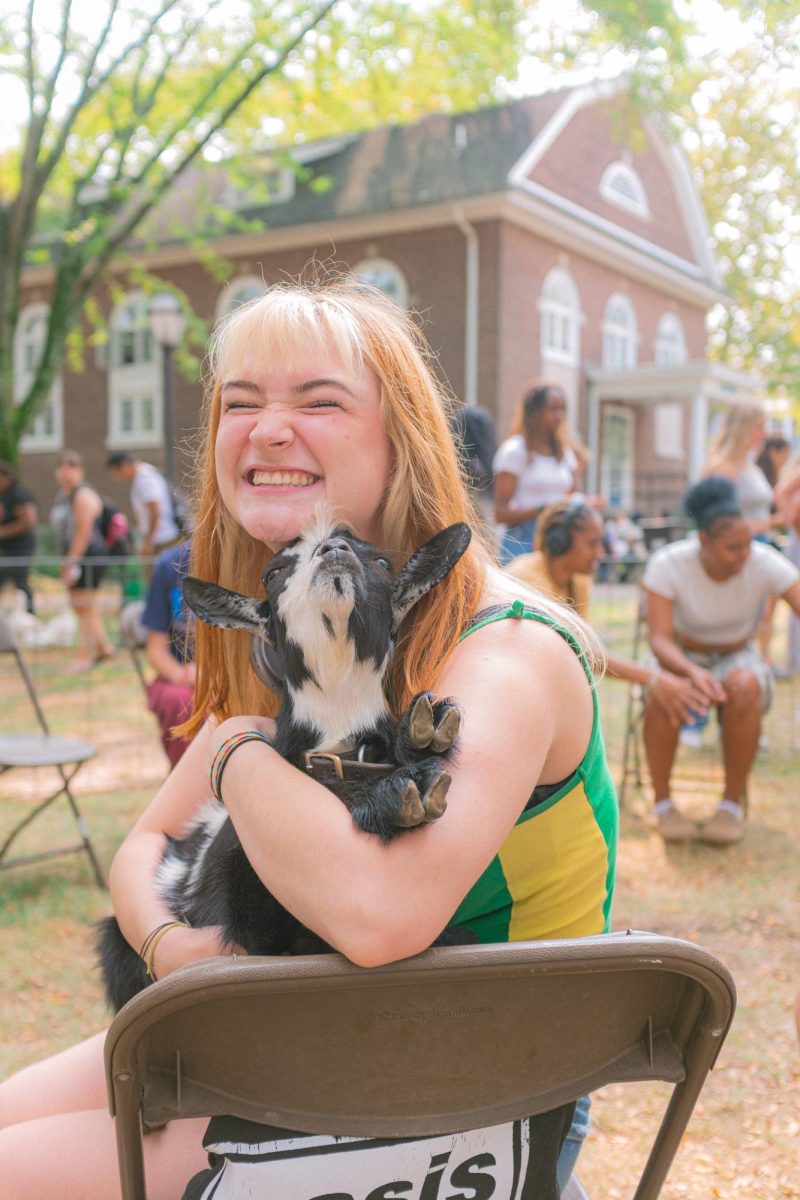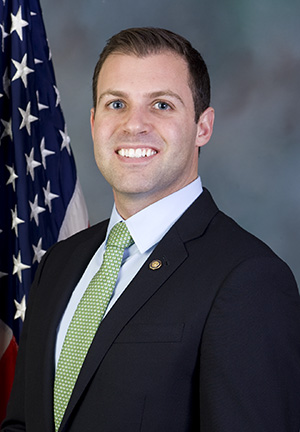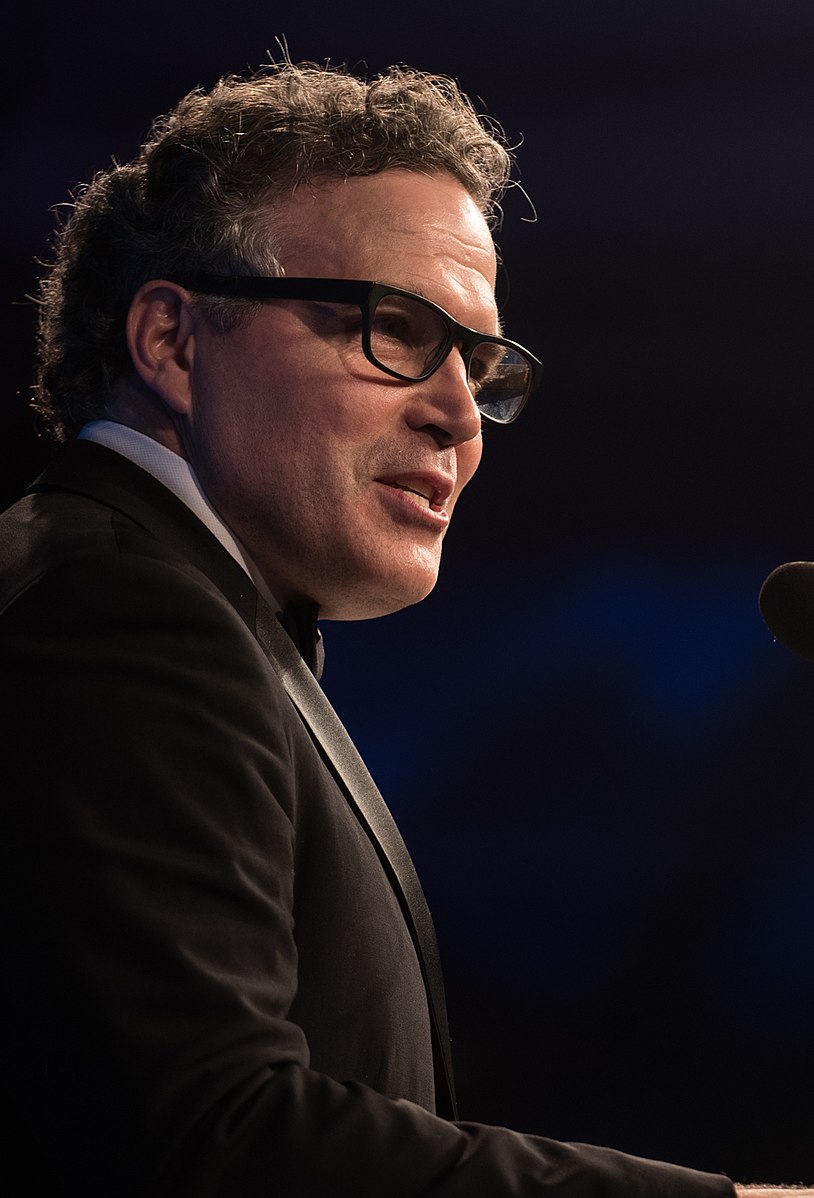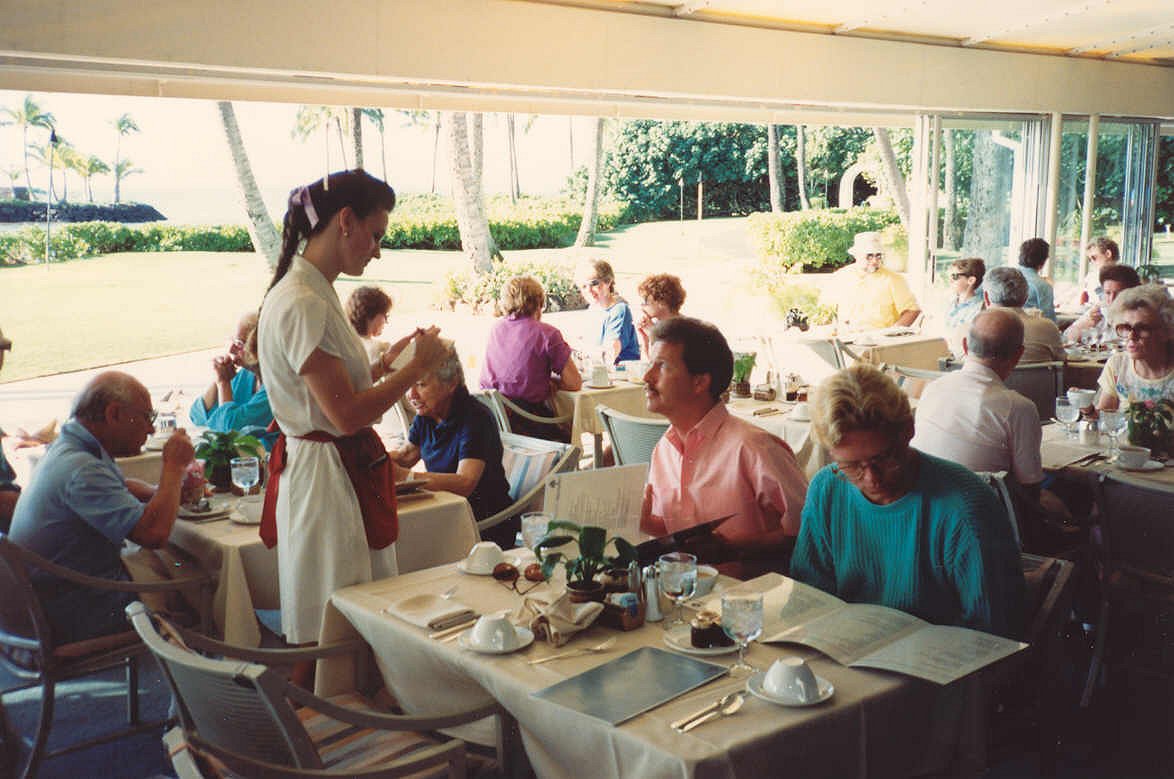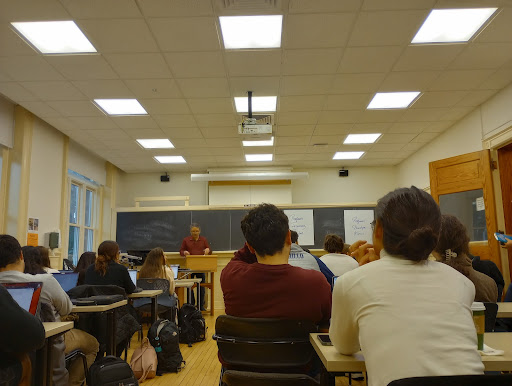On Friday, Oct. 18, The Center for Inclusive Excellence (CIE) held its first Friday Forum of the semester on the importance of being an informed voter.
Michelle Rios-Araque, assistant director for Equity and Inclusion, and Dr. Christopher Hunt, vice president and dean of Equity and Inclusion, led the discussion; they were joined by panelists Rachel Leon, Bethlehem councilwoman, and Janine Santoro, director of Equity and Inclusion for Bethlehem.
When discussing the upcoming election, Rios-Araque first asked the panelists why it was important for college students to vote for not just presidential elections, but local ones as well. Santoro mentioned that it was important because of issues like affordable housing and climate change evoke a need for change. In addition, she also discussed that it is important because of local candidates’ proximity to schools – for instance, Bethlehem’s Mayor Reynolds (a Moravian University graduate) has a close relationship not just with Moravian but with Lehigh University and Northampton Community College.
“When you’re voting in local elections,” she stated, “you’re voting for people who have your interest at heart.” Leon also chimed in by advising not to vote for ideals but for issues that affect your everyday life just a few blocks away and seeing yourself in the official you want to elect.
Hunt asked about where first-time voters can start and how they can become informed. Leon commented on having no judgment towards those who don’t vote and thinking about voting in terms of priority: all someone may need to become passionate about voting is a single issue.
Santoro also elaborated on single issues being a good gateway for voting and mentioned using nonpartisan platforms like Ballotpedia when researching representatives. In her experience, she did research on absentee ballots and found it helpful to be able to research the ballot process beforehand.
Rios-Araque then asked about the role of misinformation and how college students can protect themselves from it. In response, Leon talked about how prevalent it was on a day-to-day basis and may not always be “just nefarious or intentional.” Regardless, misinformation can affect how one views candidates.
Additionally, Santoro attributed misinformation to not knowing how local government works and insisted on creating opportunities for learning more about it. For instance, she brought up the Bethlehem landfill issue that angered many individuals, even though the landfill did not belong to Bethlehem. She also implored students to pay more attention to local issues by attending city council meetings.
During an interactive audience discussion, a few students weighed in on how voting has had much generational change. A common theme was the openness to new ideas and how, for Gen Z, information has been catered to a personal algorithm.
“Whatever social media source you’re using, the algorithm is so catered to what you want to see,” said Hannah Sodl, ‘27, a counseling psychology major. “The way the media throws candidate advertisements is so tailored to [the algorithm] so you really have to look for non-biased sources.”
Leon added to this audience interaction by talking about the judgment towards younger generations and about how they are being told how or what to think, which may be why they may not feel as empowered to vote. She noted how “demoralization is a political practice” that steals hope from a generation, which is why having a space to flesh out thoughts without judgment is so integral.
On a similar note, Hunt asked about Gen Z’s being disillusioned with voting. Santoro explained that to reduce disenchantment there needs to be a back-and-forth dialogue. Furthermore, she expressed how hard it can be when political advertising is more highly emotionalized compared to the past. Being able to sit with people on a human level, she said, is what creates healthy dialogue rather than contributing to extremes and intolerance.
Toward the end of the forum, Rios-Araque asked the panelists to give advice for first-time voters and students in general who want their voices to be heard. Leon recommended attending city council meetings or visiting a city clerk’s office to discuss pertinent issues. Santoro advised using your voice through email or hands-on opportunities that allow students to fully engage on issues that they care about.
On Nov. 8, from 12:30 to 1:30 in PPHAC 112 and 113, there will be a Friday Forum titled Election Season: Where Do We Go From Here?




